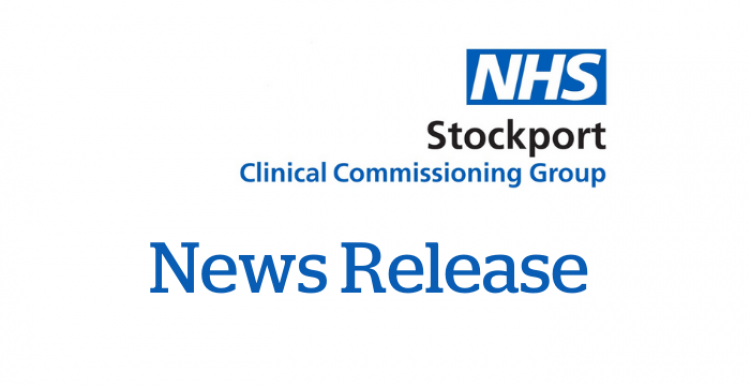Lynch Syndrome – Knowledge is Power

News release from NHS Stockport CCG
Highlighting a little-known syndrome is Diana Key who works for NHS Stockport Clinical Commissioning Group. Lynch Syndrome (LS) is an under diagnosed syndrome which puts those who have it at a higher risk of getting cancer. Diana wants to raise awareness and urge anyone who has lost a family member to an LS related cancer, or has a family history of LS related cancers, to speak with their GP to understand what this means for them and their family.
Diana, Quality Team Administrator, said:
“I lost my mum and sister to cancer, both of whom passed away at an early age. I decided to get checked when a third close family member was diagnosed with a cancer linked to LS. If my sister was regularly screened, she might have been able to get treated earlier and increased her chances of beating cancer.
“I was referred to a genetics specialist by my GP where we discussed about how knowing whether I had LS would impact my life. I went ahead with the test and was diagnosed with LS. As a direct result of my diagnosis I am now screened for colon cancer every two years. I am glad I found out because regular checks give me and my family peace of mind. Knowledge really is power and I encourage anyone who might have history of cancer in the family to speak with their GP.”
It’s a hereditary disorder caused by a gene mutation thought to affect around 1 in 200 people, but it’s estimated only 5% of those people know they carry it. Children of those with LS have a 50% chance of inheriting it and, during their lifetime, those diagnosed face up to an 85% risk of contracting colorectal cancer. Women also have up to a 65% risk of contracting endometrial cancers.
Not everyone with LS has a family history of cancer, but it is more likely if there is a pattern of cancer in the family. This includes having a family member who developed bowel cancer before the age of 50 or if there are several close relatives who developed bowel cancer, or another cancer linked to LS, over several generations. Close relatives are parents, brothers, sisters, children, aunts, uncles and grandparents
Dr Cath Munro, Chair of NHS Stockport CCG, said:
“It is important to be aware of Lynch Syndrome as a genetic condition that makes people more likely to get certain cancers. If you have a family history of cancer and are concerned for yourself or your family then it’s important to discuss it with a health care professional. If required, a referral can be made to a genetic specialist where tests can be done.
“If diagnosed, patients are monitored more closely than the general population to identify cancers as early as possible.”
People affected by LS have a higher risk of developing some types of cancer including, but not limited to, cancer of the bowel, womb (endometrial cancer), ovary, stomach, pancreas, small bowel, ureter and renal pelvis. Macmillan Cancer Support has lots of useful information about LS online, just visit www.macmillan.org.uk or www.lynch-syndrome-uk.org and search for Lynch Syndrome.

